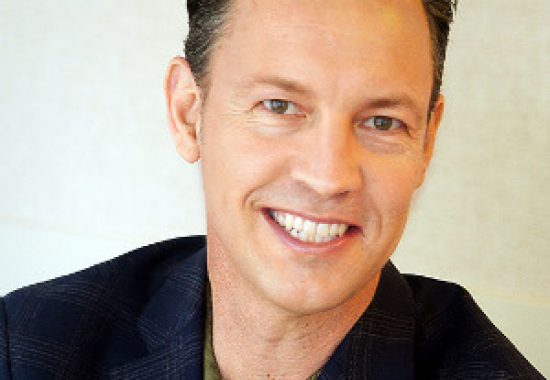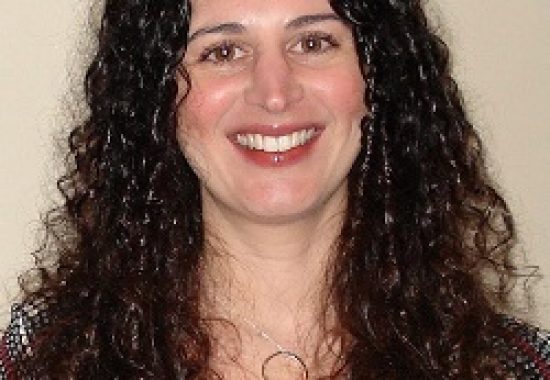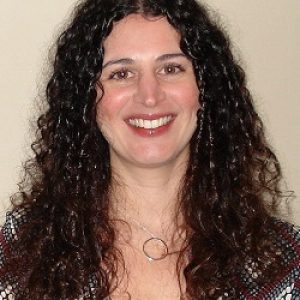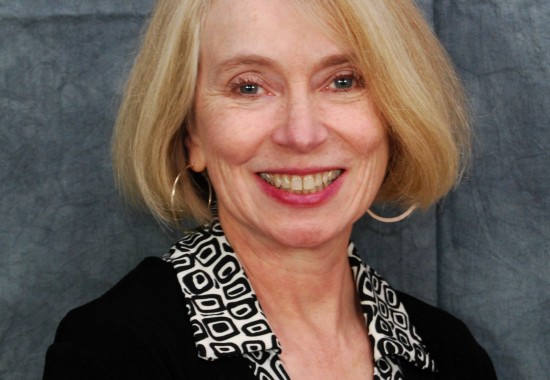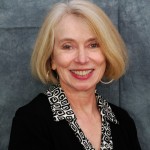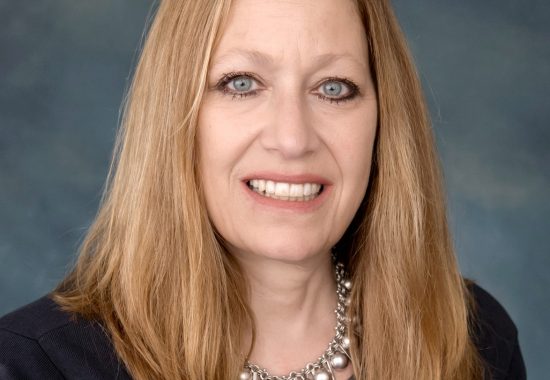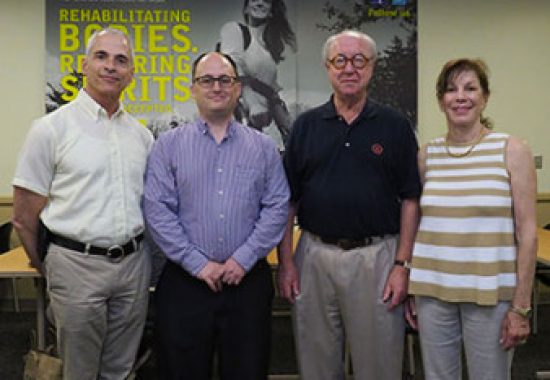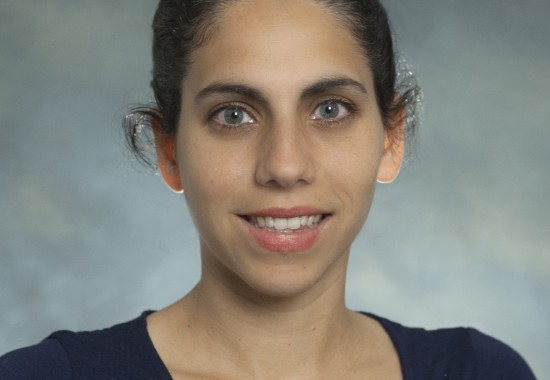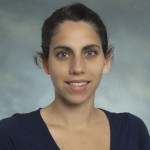When a doctor prescribes medical rehabilitation for a patient he or she often describes it in terms of time length (12 weeks), the institution where it will occur or the type of rehab – (physical therapy vs. gait training, etc.). None of that specifies what the therapist is actually expected to do. In this video, John Whyte, MD, PhD, founding director of the Moss Rehabilitation Research Institute, discusses his research on defining the active ingredients that need to be part of the therapeutic process. Continue Reading
Category: Research
Dylan J. Edwards, PhD, Named New Director of MRRI
Dylan J. Edwards, PhD, has accepted the position of director of the Moss Rehabilitation Research Institute (MRRI) starting in August of 2018. He will replace John Whyte, MD, PhD, who has brilliantly led the research enterprise at MossRehab for the past 25 years and announced his decision to retire from the director position at the end of 2018. Continue Reading
Radio Report Features MossRehab’s Aphasia Center
Public radio station WHYY recently took an in-depth look into aphasia that featured interviews with experts from MossRehab’s Aphasia Center and members of its “Conversation Cafes.”
“While there are no guarantees about where you will end up in your recovery, opportunities for rehabilitation and opportunities for improving and increasing communication skills are lifelong,” Aphasia Center Director Sharon Antonucci, PhD, told the radio show The Pulse. Antonucci emphasized that recovery from aphasia can continue years after a stroke. Continue Reading
Dr. Rabinowitz to Study Causes of Depression in Brain Injury
Amanda Rabinowitz, PhD, director of the Brain Injury Neuropsychology Laboratory at the Moss Rehabilitation Research Institute (MRRI), has received funding to research depression in people who have sustained traumatic brain injury (TBI). Specifically, she and her team are hoping to understand whether depression or a lack of participation in one’s usual activities comes first—what Rabinowitz refers to as a “chicken-or-the-egg” problem.
The $93,000 grant was awarded by the National Institutes of Health.
“We know that people with TBI may not be able to participate in their regular activities and experience the sense of reward that comes from them,” says Dr. Rabinowitz. “And this may lead to depression. However, people who become depressed first may also disengage from their usual activities. So our question is which one of the mechanisms is causing the other?” Continue Reading
Moving to Complex Skills More Quickly in Stroke Rehab
During stroke rehabilitation, therapists and physicians traditionally start patients with simple skills and then slowly build to more complex activities. The idea is to begin slowly and move to more demanding activities as the patient seems ready. Is there a more effective approach?
In this video, Shailesh Kantak, PhD, shares his research suggesting that patients could move to complex activities more quickly. Continue Reading
Dr. Hart Recognized for Bettering Lives of People with Brain Injury
The Brain Injury Association of America (BIAA) has recognized Tessa Hart, Ph.D., an institute scientist at Moss Rehabilitation Research Institute, as the recipient of the 2017 William Fields Caveness Award.
Each year, the William Fields Caveness Award is presented by BIAA in recognition of an individual who, through research on both a national and international level, has made outstanding contributions to bettering the lives of people with brain injury. The award was presented at the American Congress of Rehabilitative Medication (ACRM) annual conference, which was held October. 23-28 in Atlanta. Continue Reading
MRRI advances neurorehabilitation with innovative technologies
The emergence of new technologies has added fascinating new dimensions to MRRI’s research in translational neurorehabilitation. Using virtual reality in the treatment of phantom limb pain, noninvasive brain stimulation to improve stroke patients’ motor deficits, and iPhone apps to track concussion symptoms after a sports injury are some of the ways in which MRRI researchers are using tech in their work. Here’s an overview of the ways in which researchers Laurel Buxbaum, Amanda Rabinowitz, and Shailesh Kantak are using tech to push neurorehabilitation research into the future. Continue Reading
MRRI Forms Scientific Advisory Board
Moss Rehabilitation Research Institute is pleased to announce the formation of its Scientific Advisory Board. This group of distinguished scientists and physicians will provide strategic guidance on a range of issues, including programmatic development, funding opportunities, and clinical-research integration. Continue Reading
Rehabilitation Science Lecture Series Launched
This year, the newly launched Shrier Family Topics in Rehabilitation Science Lecture Series will enable MossRehab’s dedicated physicians, nurses, therapists, research scientists and staff to enhance care through the practical application of translational research.
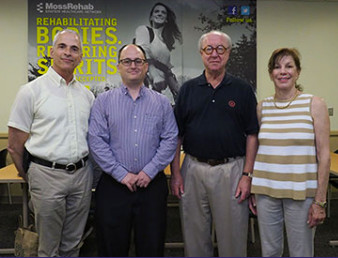
Marc and Nancy Shrier attended the most recent installment of the Shrier Family Topics in Rehabilitation Science Lecture Series with (far left, John Whyte, MD, PhD, founding Director of the Moss Rehabilitation Research Institute (MRRI) and speaker speaker Steve Jax, PhD, Institute Scientist, MRRI.)
Thanks to a generous gift from long-time MossRehab and Einstein Healthcare Network champions, Nancy and Marc Shrier, clinicians will be able to share more widely the innovative research and pioneering rehabilitation technologies they are developing at Moss Rehabilitation Research Institute (MRRI). Devoted to improving the lives of individuals with neurological disabilities through research, MRRI is impacting rehabilitation therapies around the globe. Continue Reading
Rabinowitz Co-authors Study on Long-Term Effects of Concussion
Amanda Rabinowitz, PhD, director of MRRI’s Brain Injury Neuropsychology Lab, along with John Whyte, PhD, MD, and collaborators at University of Pennsylvania and Children’s Hospital of Philadelphia, contributed to a recently published study looking at the long-term effects of participation in high school football.
The study appeared in the journal JAMA Neurology. It was based on data from the Wisconsin Longitudinal Study (WLS), which has followed a random sample of Wisconsin class of 1957 high school graduates.
In a recent column in Scientific American, the study’s authors describe their results:
“We were surprised to find that playing high school football did not have a statistically significant harmful effect on later-life cognition and mental health in this sample. Moreover, it did not have an effect on anxiety, anger, hostility, or alcohol abuse later in life.” Continue Reading

